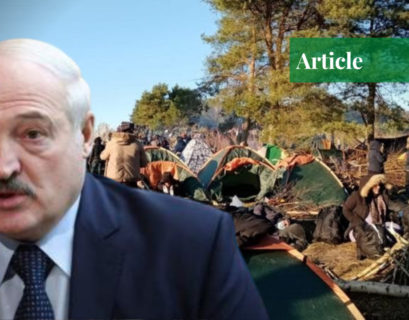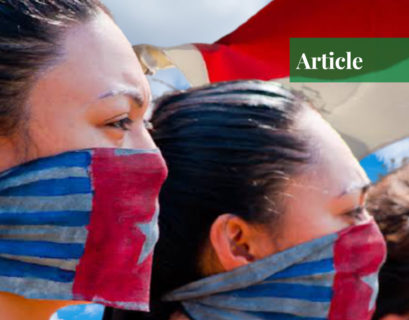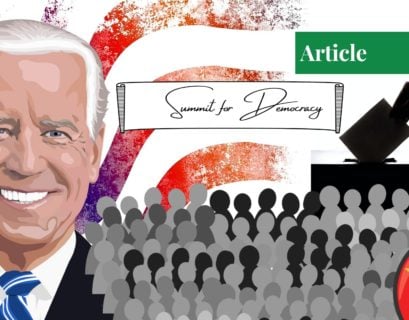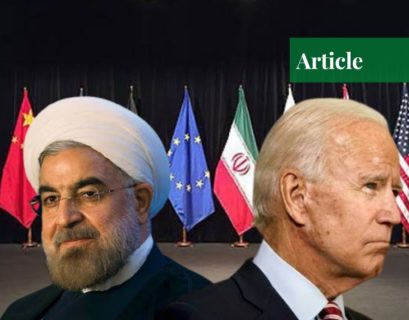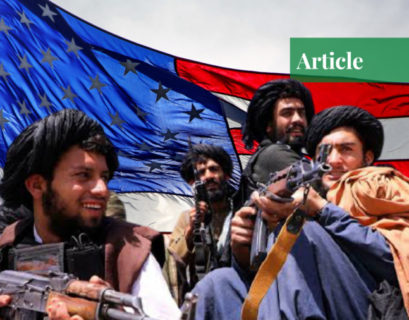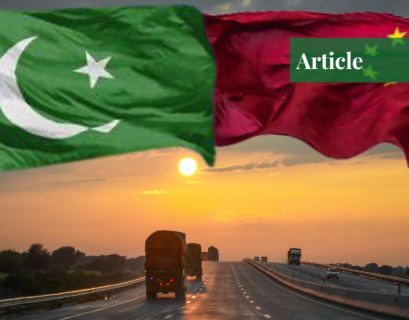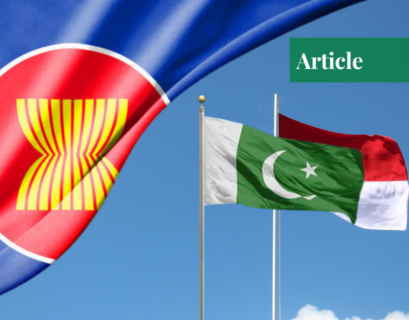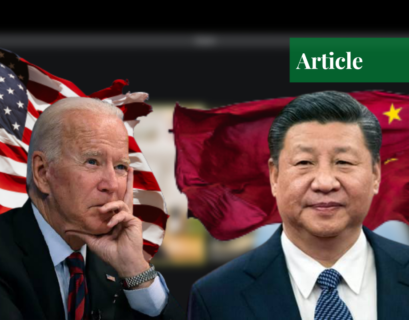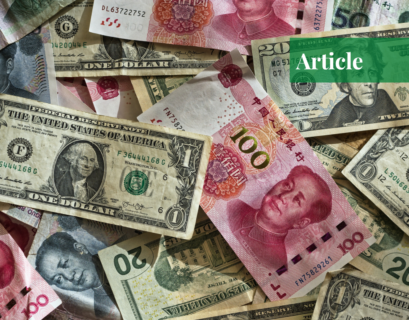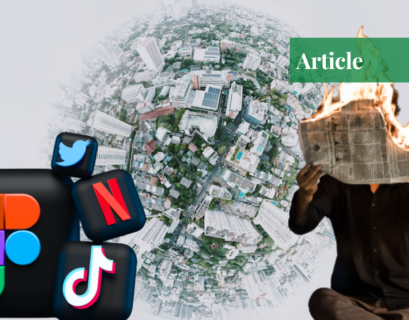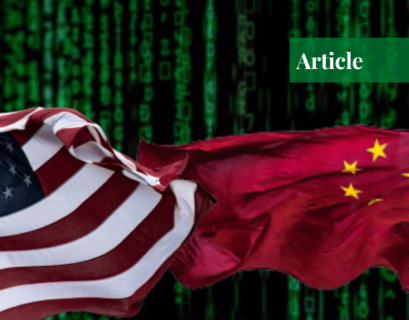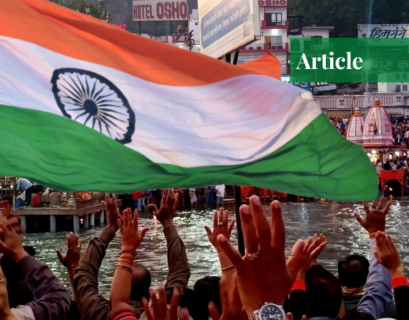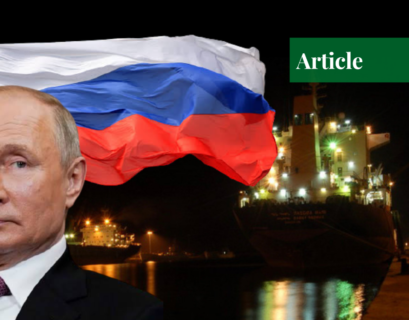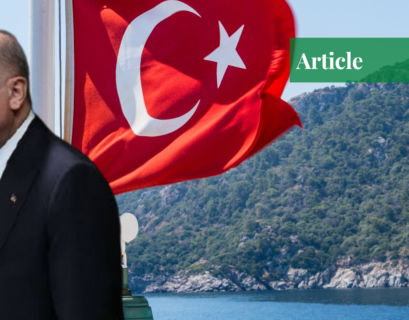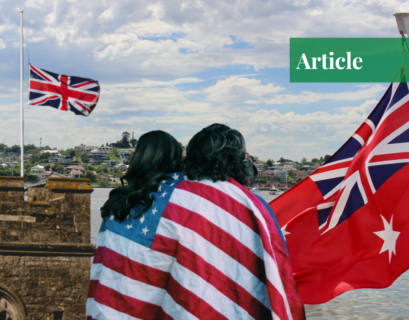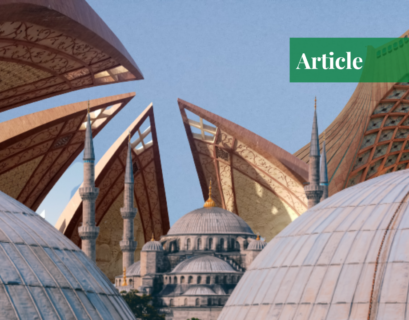Stranded Migrants at the Poland-Belarus Border: Victims of Politics & False Promises
President Lukashenko of Belarus has been accused of using social media to bring thousands of migrants (mainly from the Middle East) to Belarus. The migrants come in hopes of entering the European Union. Poland, Latvia, and Lithuania have now issued state emergency at the borders, leaving migrants stranded. Belarus states that it will assist the EU with the crisis – only if the EU removes the sanctions imposed on Belarus.
Conflict over West Papua Province: Dispute Between the Separatist Groups & the Indonesian Government
The conflict between West Papua and Indonesia can be traced back to the 1962 New York Agreement which enabled Indonesia to gain full control of the region. The Indonesian government denied the Papuans their right to self-determination by holding a rigged plebiscite in 1969. Separatist groups in West Papua have been demanding independence for decades. The author, Hammad Khan, notes that to suppress these groups—particularly the Free Papua Movement (OPM)—Indonesia heavily relies upon its armed forces and military operations. However, in the process to do so, it committed human rights violations and strengthened the Papuans’ distrust of the government.
President Biden’s Summit for Democracy 2021: A Big Question Mark?
President Biden of the US will host a two-day Summit for Democracy this week to cast an eye over the current status of democracy in the world. Much like the author, many feel this summit to be an affront to the US’s ‘undemocratic’ rivals, China and Russia — two nations that were struck off the invite list.
The Iranian Nuclear Deal: What Has Changed During Biden’s Term?
The Joint Comprehensive Plan of Action (JCPOA) – a deal to limit Iran’s nuclear capability – fell apart after the former US president, Donald Trump, pulled the US out of the deal in 2018 and imposed sanctions on Iran. The author, Habiba Ali, notes that although the Biden administration is well aware of the importance of such an agreement with Iran, the latter has made it clear that without an end to the sanctions on it, the JCPOA cannot be reinitiated. Furthermore, despite the two states’ interest in restoring the deal, the 2021 negotiations in Vienna and Tehran have failed to revive it.
The Second Round of the Doha Talks Between America and the Taliban
About 40% of Afghanistan’s GDP and 75% of its public expenditure depends upon foreign aid. Since the Taliban takeover, the foreign assistance to the state has taken a plunge and the US government has seized over $9.5 billion worth of Afghan assets, worsening the humanitarian and economic crisis in Afghanistan. Given the deteriorating situation in Afghanistan, the US and the Taliban have, once again, decided to cooperate and pursue a second round of talks in Doha. Although the Taliban regime has not been recognized by the US, the former is hopeful that the two-day talks will start a “new chapter” in their political relations.
Will CPEC Become a Chinese Debt Trap Against Pakistan?
The China-Pakistan Economic Corridor (CPEC) has promised to create millions of employment opportunities, and undertake essential infrastructure and energy projects. The author, Muhammad Ali Talib, a practicing advocate of the High Court of Pakistan, notes that despite the benefits of CPEC, the immense Chinese lending to Pakistan has created a debt problem for the latter. An AidData report, analyzing 100 Chinese debt contracts, reveals that the Chinese loan agreements contain confidentiality clauses that prevent borrowers like Pakistan from revealing any details of the agreements to the general public. Furthermore, these contracts include cross-default clauses, stabilization clauses, and “No Paris Club” clauses which increase China’s bargaining power and policy influence over the borrowing states.
Relations Between Pakistan and Indonesia: Deepening Trade & Engaging with ASEAN
This year, the Republic of Indonesia and the Islamic Republic of Pakistan celebrate 71 years of diplomatic relations. The author, Zohra Asif, discusses how expanding bilateral trade relations can prove to be vital in strengthening and diversifying Pakistan’s economy. As challenging as it is, Indonesia has assured Pakistan of its support in helping the latter attain Full Dialogue Partner status with ASEAN.
The Biden-Xi Summit: Deliberating Taiwan, Trade, HR Violations & Climate Change
The much-awaited Biden-Xi virtual summit took place on 15th November to deliberate and resolve the contentious issues between the two states. The meeting focused on four key areas: Taiwan, trade relations, human rights violations, and climate change.
China’s Currency Devaluation Explained: Yuan vs Dollar
In 2019, the former US president, Donald Trump, declared China a currency manipulator. Although his predecessor, Barack Obama, had refrained from labeling China as such, he had shown frustration with its currency devaluation. For China, the low currency has been a cause for greater foreign investment. Since the state has a cheap production cost and labor, the international community now relies heavily on China’s exports. The author, Muhammad Hamza Tanvir, notes that China stockpiles American dollars and then uses them to purchase US treasuries which, in certain cases, can prove disastrous for the US. He explains that the US and China are ensnared in the Thucydides’ Trap and any development in their relations will affect the entire world.
The Quantum Technologies Race Between the US & China
In the civil and military domains, quantum technologies have presented new and efficient ways for weapons modernization, improved cybersecurity and defense systems, advanced machine learning, enhanced weather forecasting, and novel vaccine development, etc. The author, Abdullah Rehman Butt, notes that the investment – by states and companies – in the research and development of these technologies has increased significantly due to their immense potential. He explains that the US and China, in particular, are spending billions for quantum research and are engaged in a race to achieve quantum supremacy. On the other hand, in South Asia, India’s growing interest in utilizing quantum technologies for military purposes is threatening the stability of the region.
The Unrelenting Indian Separatist Movements: From Khalistan to Nagaland
Today, India is facing several secessionist movements which represent the territorial, ethnic, and humanitarian issues within the state. The author, Muhammad Hamza Tanvir, notes that for decades, separatists in Nagaland, Manipur, Kashmir, Haryana, Arunachal Pradesh, and the Indian Punjab, have been demanding freedom from India. While some of these movements have been mitigated over the years, the mere existence of the secessionist element provides fault lines to China against the US ally. More often than not, India has used force to suppress these movements. In the case of Kashmir and Khalistan, in particular, India has committed grave human rights violations and killed thousands.
The Syrian Port of Tartus: A New Gateway for Russia
President Vladimir Putin, who sees Soviet collapse as an epic tragedy, is extremely enthusiastic about reviving Russia’s lost honour. The author, Ayesha Zafar, considers Russia’s 49-year lease on the Syrian port of Tartus an attempt to expand the scope of its military power and trade routes.
The New Canal Project of Istanbul & the Montreux Convention
Each year, around 48,000 vessels pass through Turkey’s Bosphorus Strait, making it the world’s busiest sea route. The Montreux Convention, under which Turkey regulates the strait, imposes several limitations on countries not bordering the Black Sea and prevents Turkey from taxing the vessels of the Black Sea littoral states. However, the author, Muhammad Hamza Tanvir, reveals that by constructing the Istanbul Canal, President Recep Tayyip Erdogan aims to overcome these restrictions, since the convention is inapplicable to the canal. While the Turkish government defends the canal project, the Turkish opposition, environmental experts, and Russia are concerned about its implications.
6 Reasons Why the AUKUS Security Pact Will Fail
AUKUS, the trilateral security pact between the US, the United Kingdom, and Australia, ensures the transfer of nuclear technology to Australia from the two major powers. In an effort to contain China’s influence in the Asia-Pacific, Australia will now be equipped with nuclear submarines. The author, Muhammad Aamir, argues that although this pact aims to intimidate China, it is not as useful as it seems and is more likely to harm Australia than benefit it. According to the author, there are six main reasons – including the timing of the pact – why AUKUS might be incapable of achieving its goals.
The Revival of the Islamabad-Tehran-Istanbul (ITI) Road Transport Corridor
The revival of the Islamabad-Tehran-Istanbul (ITI) corridor after 10 years will herald significant transit trade opportunities and cost-cutting in transportation. In fact, the ML-1 railway line, a major project under CPEC, will connect with the ITI corridor, thus increasing China’s regional influence.
Is the Global Economy Still Collapsing Due to the Pandemic?
The ongoing coronavirus pandemic has left no part of the world unharmed. Aside from its devastating impact on human life, COVID-19 has severely damaged the global economy. The author notes that the collapsing global economy has increased unemployment, food insecurity, and poverty, and threatened international trade and tourism. Due to the pandemic, the oil demand has reduced by 30% and the oil prices have reached an all-time low, causing the oil-producing states to suffer a 50-85% loss in oil revenues. According to the Asian Development Bank (ADB), this collapse is likely to cost the world economy $5.8 to $8.8 trillion. The author explains that for the recovery of the global economy, international organizations and varying countries (i.e. the US, China, Japan, and Pakistan) have introduced several initiatives and stimulus packages. However, for these measures to be successful, international cooperation is necessary.
